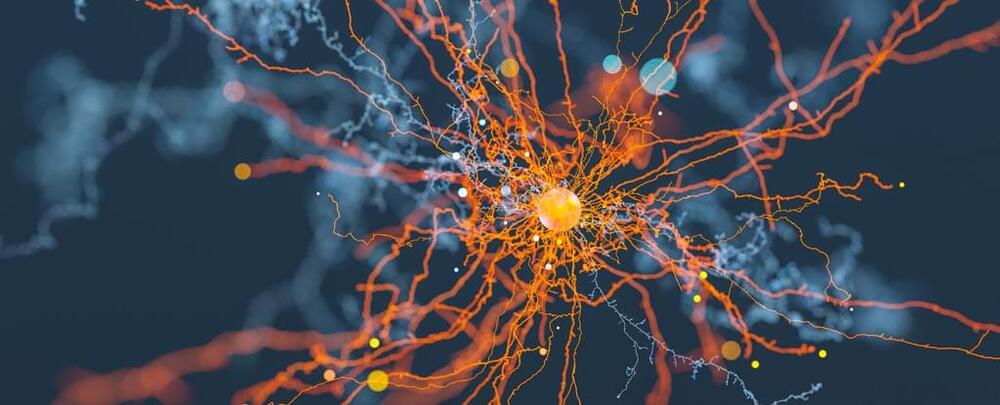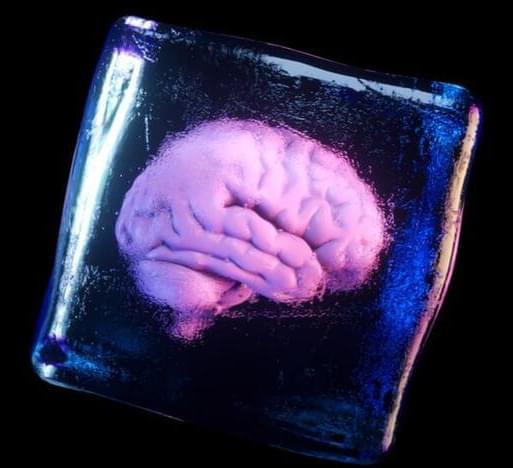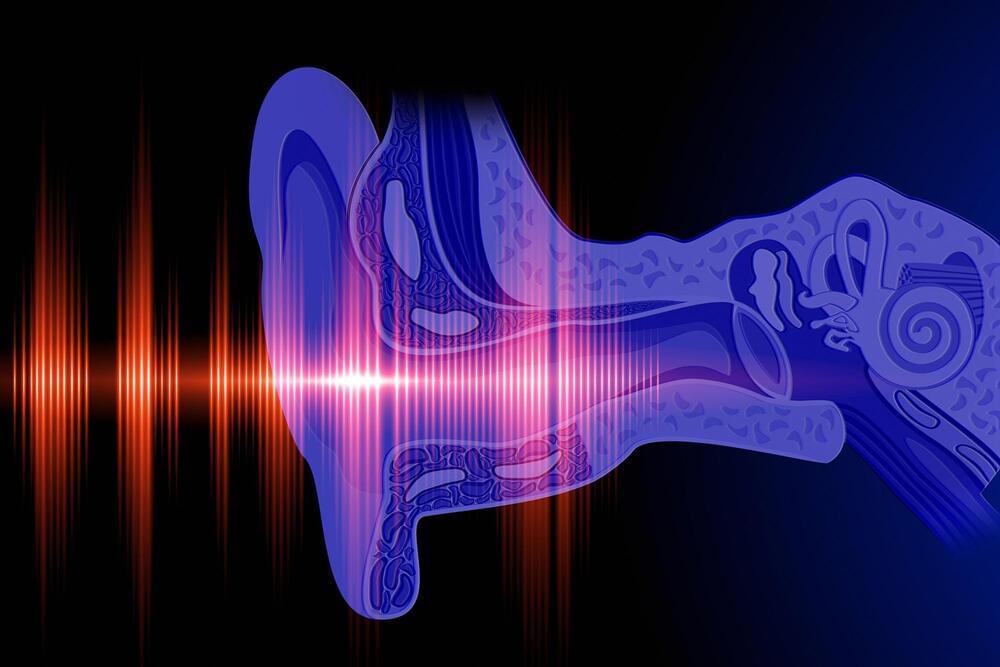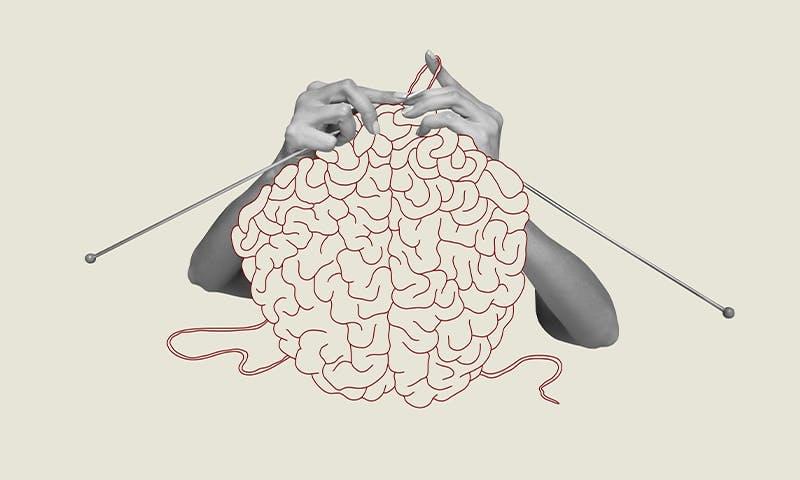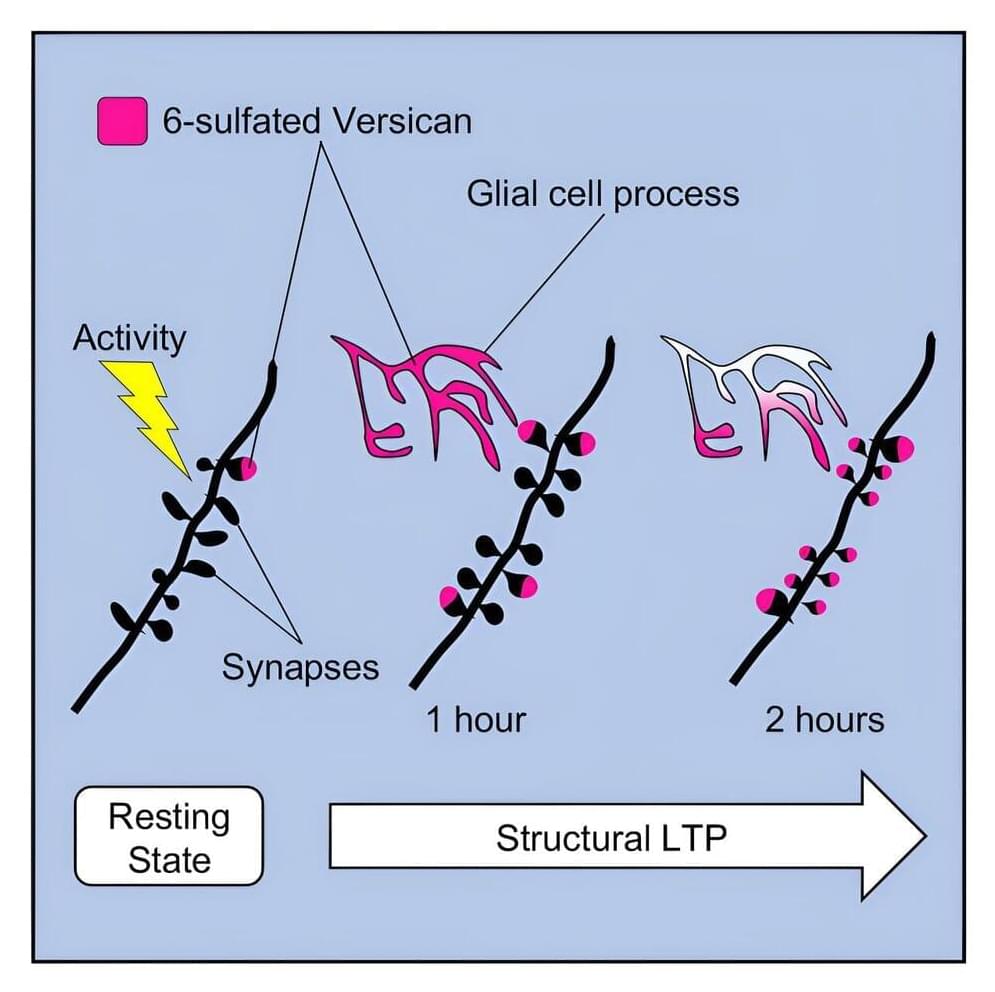May 9, 2024
Scientists Think They’ve Found Our ‘Neural Compass’ That Stops Us Getting Lost
Posted by Genevieve Klien in categories: mapping, neuroscience
To keep our bodies properly oriented, our brains perform impressive feats of calculation that track our stumbling meat sack through a mental map of our surrounds.
While a lot of research has focussed on the mapping, little has managed to determine how our neurological wiring monitors our direction within it.
A team of researchers from the University of Birmingham in the UK and the Ludwig Maximilian University of Munich in Germany has identified signature brain activity that describes a kind of ‘neural compass’ in the hope of understanding how we find our way through the world.
